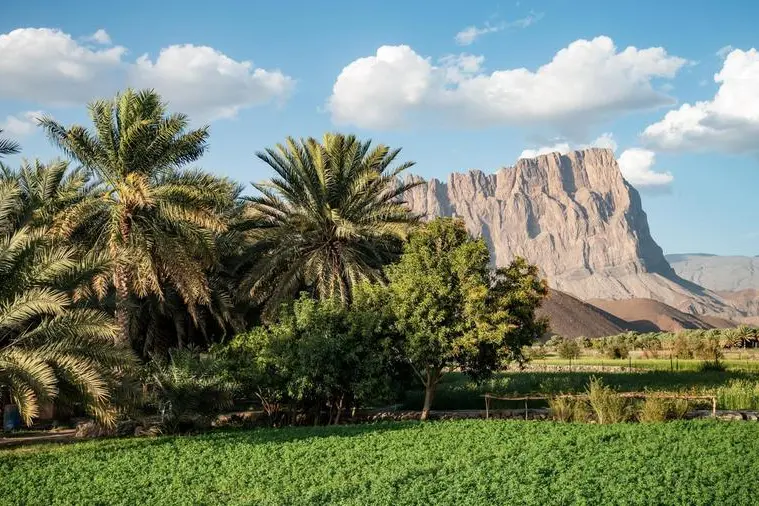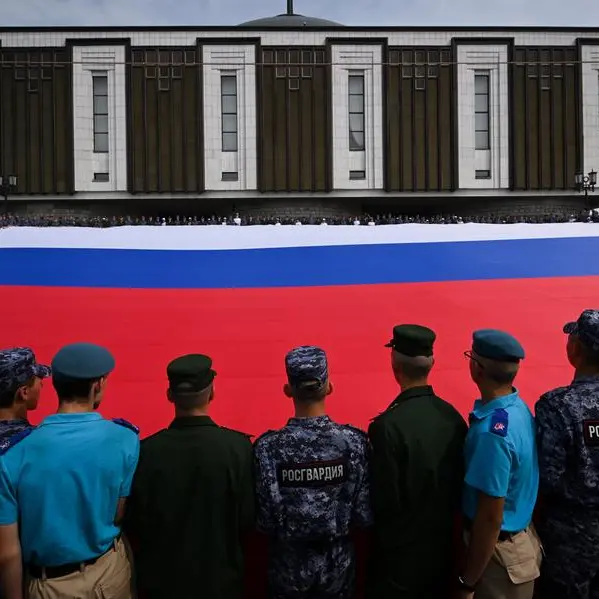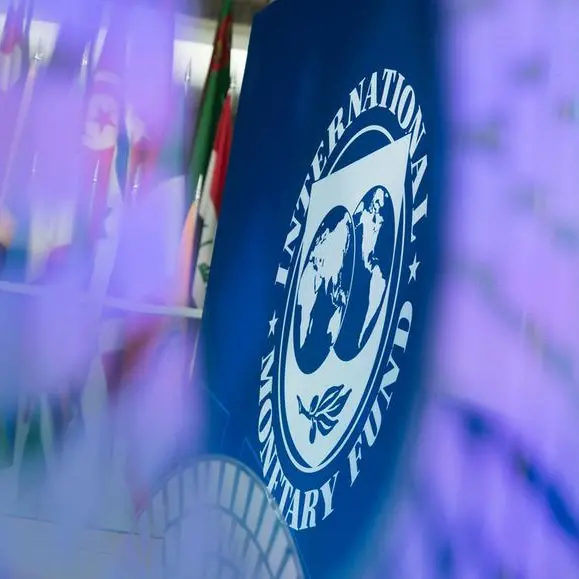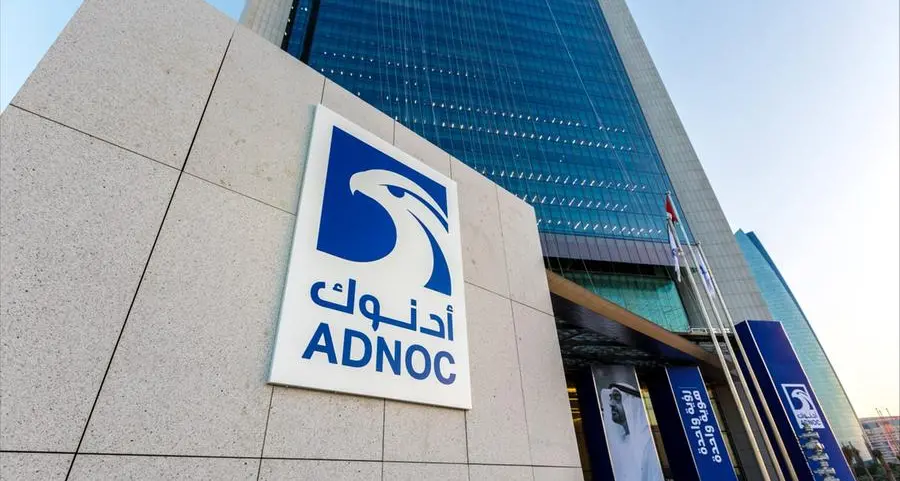PHOTO
Muscat – The Russian invasion of Ukraine and the resultant high oil prices will see inflation grow as well as affect the agriculture sector in Oman, according to experts.
The situation is expected to lead to a spike in prices of products and food commodities – especially wheat – some minerals and agricultural raw materials in coming months.
International wheat prices have already soared to record highs, overtaking levels seen during the food crisis of 2007-08. Almost a third of the world’s wheat exports are from Russia and Ukraine. Since Russia’s invasion of its neighbour, ports in the Black Sea have come to a standstill.
Speaking to Muscat Daily, Saed Abdullah Rashid al Kharusi, chairman of Omani Agriculture Association, said, “The prices of food products had begun to rise with the rise in oil prices before the political crisis between Ukraine and Russia. The countries that produce crops are importers of oil, and with the increase in oil prices, they have converted part of their strategic crops such as wheat, corn, soy and barley into bio fuel to operate industrial machines, and consequently, the supply of these crops decreased, which led to an increase in prices, in general.”
He added that “there is no doubt” that Oman will be affected, like other countries, by the rise in wheat prices. “The Russia-Ukraine war will spike wheat prices and raise these to record levels because the two countries are among the world’s biggest exporters of major commodities, including wheat,” said Kharusi.
In his estimation, the situation will lead to an increase in prices of other food commodities, too, as a result of the high price of transport, shipping and insurance. “The price of agricultural raw materials such as seeds, equipment and pesticides, will also rise. All of these factors will be reflected in the prices of foodstuffs in local markets.”
Kharusi said that as an association, they demand the government have a clear direction on increasing wheat cultivation. “The government should also give subsidies to farmers to encourage them to grow wheat and help achieve self-sufficiency,” he said.
Hussain al Farsi, a banker, too, expects the situation to lead to an increase in prices of food and imported goods, and thus a rise in inflation, affecting the purchasing power of families directly. “We must rationalise our consumption and raise awareness among members of society on the impending situation.”
Analysing the situation, Nasser Saeed Salem, an economy analyst and businessman, said the rise in oil prices to record levels will be in the interest of the sultanate’s public finances as the current prices exceed the price estimated in the state’s general budget.
“This will accelerate programmes to achieve financial sustainability, control deficit, and even record a budget surplus. But this will also lead to an increase in shipping costs and inflationary waves throughout the world, including Oman.”
Salem suggested the government works to strengthen the food security system in the country by increasing investment in meat and poultry projects, dairy and milk product processing, setting up animal feed factories and allocating land for agricultural and livestock investment, besides maximising use of water resources.
“I hope the government continues with these projects and develops specialised programmes to meet any exceptional circumstances in the future,” Salem said.
Elaborating further on ways to avert a food shortage, Kharusi said Oman should also look for alternatives to wheat. “We already have alternative crops such as al dukhun (a type of grain) that is grown in the country. It is known to be of better quality than wheat and has been planted by Omanis for ages. We hope to expand its cultivation to larger areas to produce bread of high nutritional value.”
He also informed of the need to raise awareness on rationalising consumption, supporting the Omani products and reducing imports to be prepared for any exceptional and unexpected crisis.
© Apex Press and Publishing Provided by SyndiGate Media Inc. (Syndigate.info).












